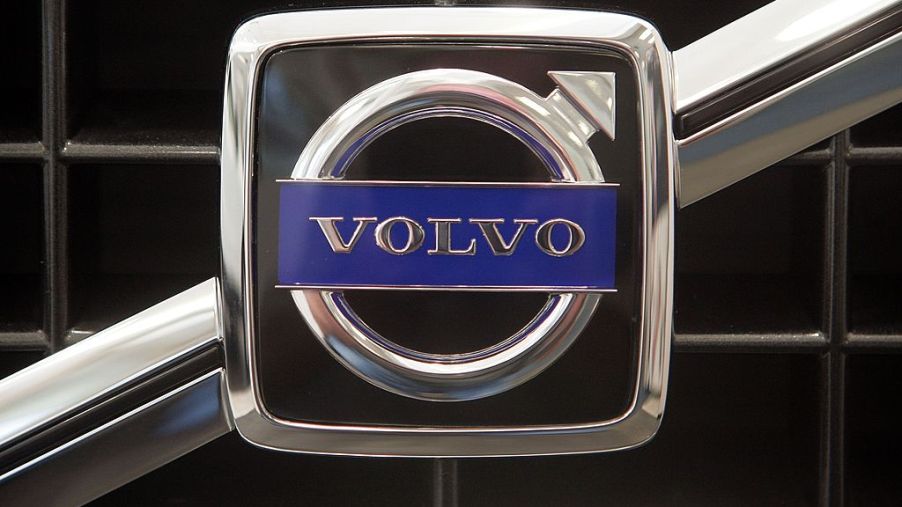
Is Volvo Owned By Another Company?
There are many iconic European automakers in the world. Brands like BMW, Ferrari, and Volvo may represent, in the eyes of many, the national carmakers of countries. But corporations are global nowadays, and Volvo, despite being a Swedish automaker, isn’t actually owned by Swedes. In fact, Volvo is now owned by a Chinese company.
The proud history of Volvo
Like many early automakers such as Ford, Volvo was one of the first automakers in its country. However, as Volvo grew and the world changed, Volvo eventually became an international company. Volvo sold cars not only to its European neighbors, but also overseas to America and China, too.
Volvo was a successful company, but it never quite reached the heights that automakers like Toyota and Volkswagen did. So, in 1999, Volvo was sold to Ford. Bloomberg says that this sale was ultimately not successful, as Volvo’s cars weren’t selling well, its profits were dropping, and Ford was “watering down” the human talent at Volvo.
All of that changed in 2010, however, when Ford decided to sell Volvo to a Chinese billionaire named Li Shufu, according to Bloomberg. Bloomberg described this sale as cheap, saying that Li was able to buy Volvo at “fire-sale prices.” Ford had originally paid $6.5 billion for Volvo in 1999, and Li bought Volvo from Ford at just $1.8 billion.
While Li was able to buy Volvo at a cheap price, Bloomberg says that he did it as part of his grand plan for China and for the world.
Li Shufu’s vision for Volvo
Since Li’s purchase of Volvo, Volvo has expanded its operations. Bloomberg says that Volvo now has three new factories in China as well as a new factory in America. Li’s company, called Geely, got its start by making cars in China for Chinese customers.
Bloomberg described Geely’s first cars as “crappy,” so Volvo’s reputation for being the opposite of that made Volvo the perfect company for Li to buy. In fact, Li described Volvo as a “mysterious, beautiful woman”, which is a testimony to how he viewed the Swedish automaker.
Nowadays, Volvo says that China is the largest market for the brand. Chinese consumers bought about 20% of the 640,000 Volvos that were sold in 2018, according to Volvo. For comparison, American and Swedish customers bought 15% and 10% of Volvos respectively. The success of Volvo in China wasn’t an accident, either.
Bloomberg says that Li’s ultimate plan is “to build China’s first global automotive company.” Volvo fits into that picture by being an automaker that builds safe cars, and that’s exactly the type of reputation that Li wants to have. In addition to Volvo, Li also has investments in many other carmakers, such as Daimler AG and Lotus Cars, as well as into a flying car startup.
The new Volvo ownership
Li’s purchase of Volvo has reversed the Swedish carmaker’s decline. Bloomberg reports that, with Li’s leadership, Volvo is now a growing and profitable company. Bloomberg says that Li did that by not interfering too much and having patience and faith in Volvo’s ability to build good, reliable cars for the future.
For example, Bloomberg reports that in 2018, Volvo introduced nine new models of cars, and those new models will replace Volvo’s lineup. These new cars include sedans such as the S60 and S90, as well as SUVs such as the XC40, the XC60, and the XC90. All of these Volvos are powerful luxury cars, but Volvo isn’t stopping there.
Bloomberg says that, with Li’s insistence, Volvo is expanding its research and development centers in Sweden and California. Some of the things that Volvo is working on include the car technology of the future, such as research into semi-autonomous driving technology as well as electric cars. In fact, Bloomberg reports that by 2025, half of Volvo’s lineup will be electric. Even though Volvo is now owned by a Chinese company, it is staying committed to quality. and safety



